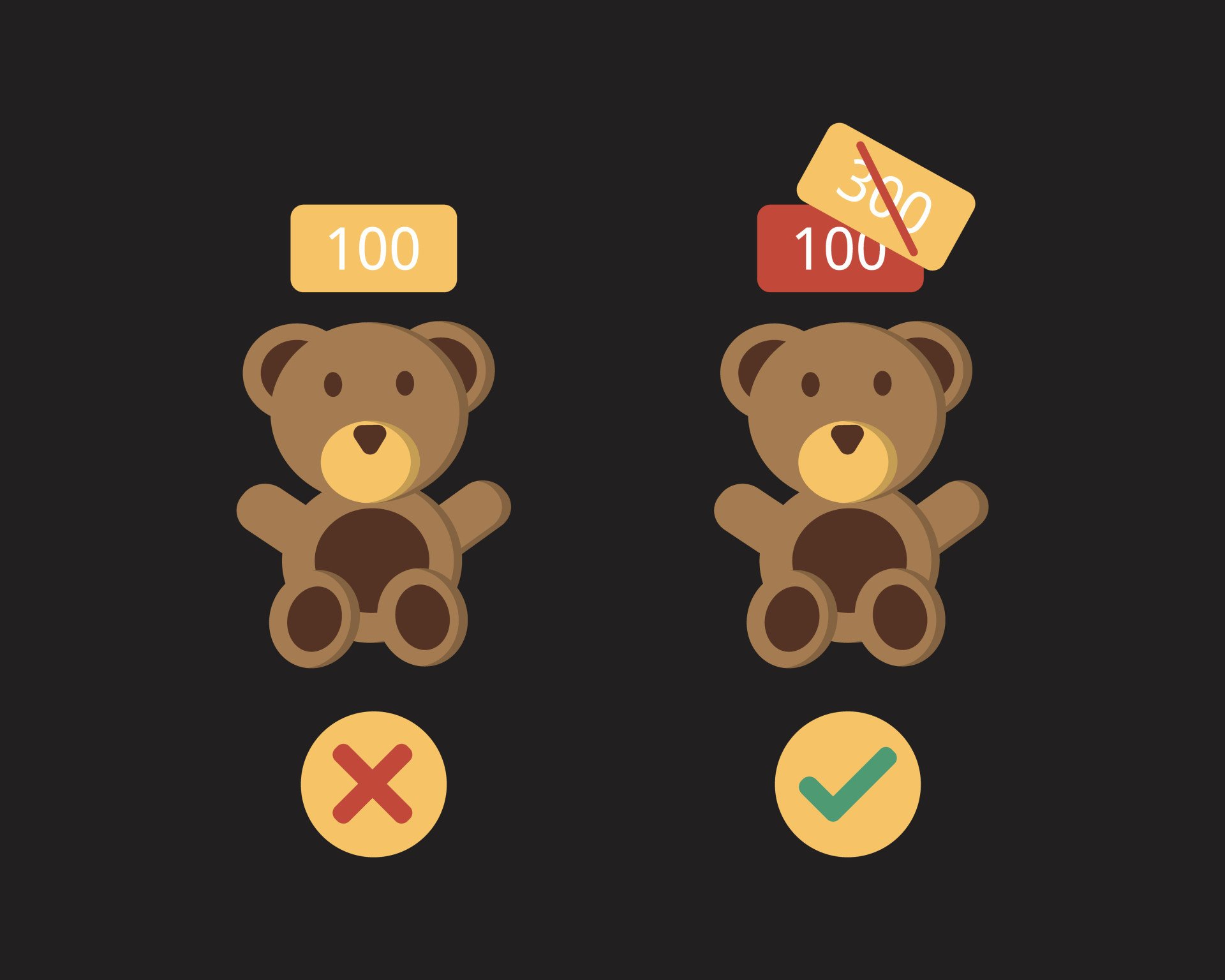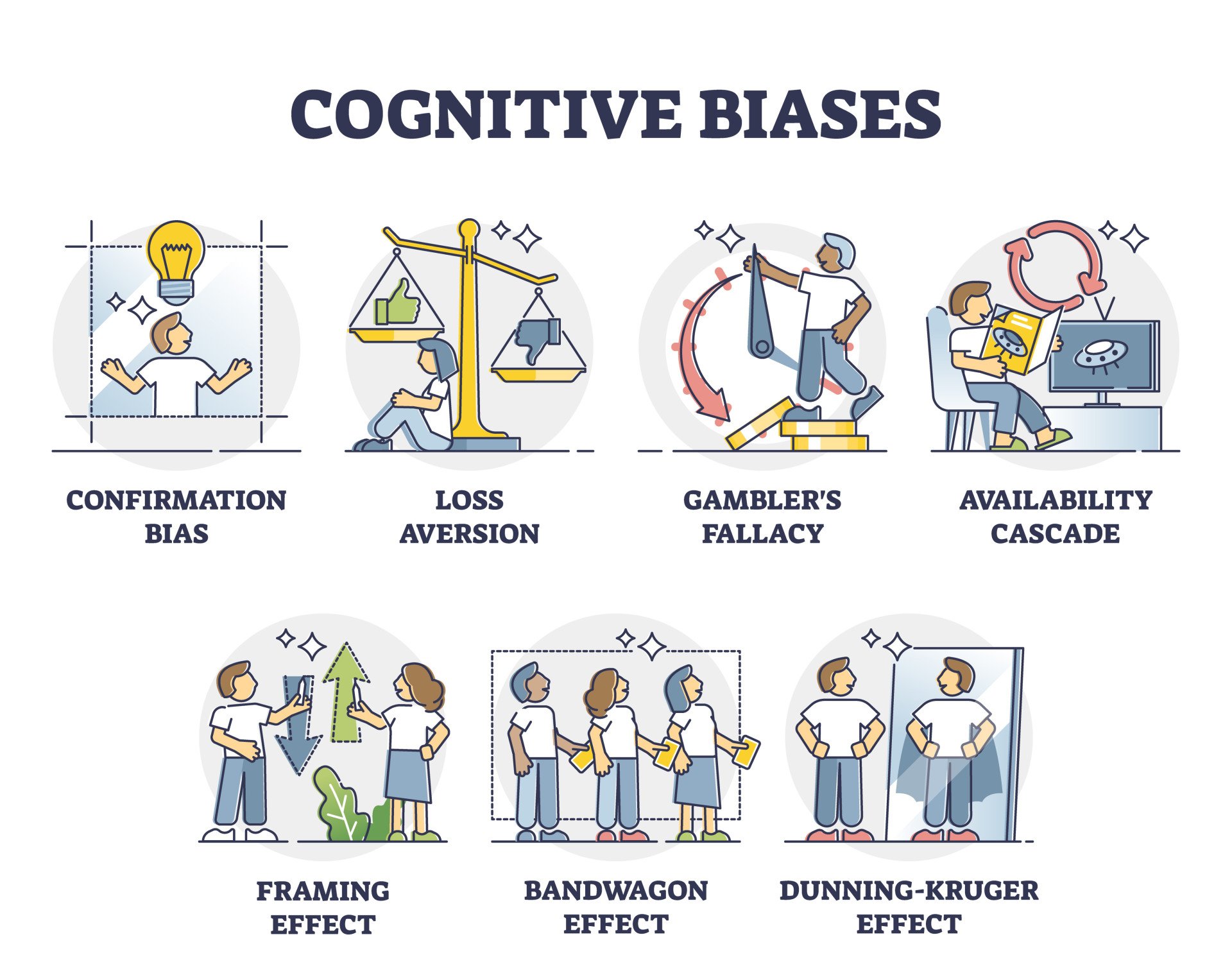Anchoring Bias and Adjustment Heuristic in Psychology
The Anchoring and Adjustment Heuristic is a mental shortcut used in decision-making where an initial, or "anchor" point is set, and adjustments are made until an acceptable value is reached. The anchor, once set, has a strong influence, often leading to bias because adjustments are typically insufficient shifts from the initial anchor, resulting in estimations skewed towards the anchor.| Simply Psychology



